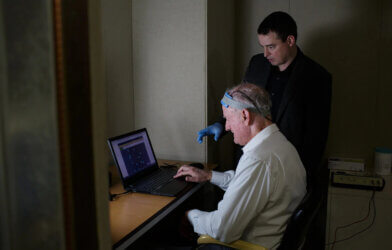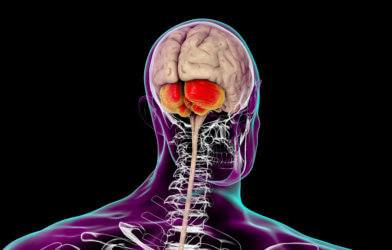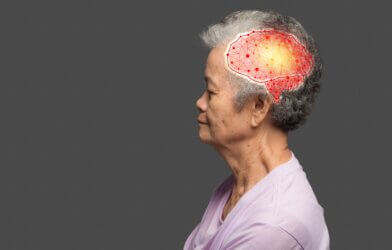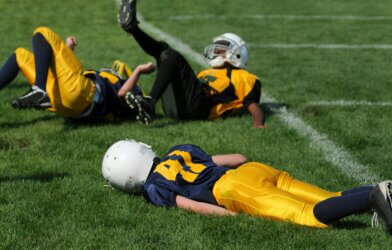Growing older comes with more than a few gray hairs. A new study from the University of California (UC), San Diego finds that adults have worse cognition as they age. But they also found a silver lining: older adults show greater well-being than younger adults.
Understanding the neural mechanisms of mental health and cognition as we age could help in finding new ways to promote healthy brain function.
“We wanted to better understand the interplay between cognition and mental health across aging, and whether they rely on activation of similar or different brain areas,” says Jyoti Mishra, PhD, director of the NEATLabs and associate professor of psychiatry at UC San Diego School of Medicine and study coauthor, in a statement.
The study recruited 62 healthy younger adults in their 20s and 54 healthy older adults over the age of 60. The team used surveys to assess each participant’s mental health along with any signs of anxiety, depression, loneliness, and mental well-being. The participants were also instructed to complete cognitively demanding tasks while having their brain activity actively recorded using electroencephalography (EEG).
Young adults were more likely to show symptoms of anxiety, depression, and loneliness. They also rated worse in terms of overall mental well-being compared to older adults. However, young adults performed better during cognition tasks.
The EEG recordings gave scientists a more in-depth view of how the brain responded during the tasks. They found that older adults had greater activity in anterior portions of the brain’s default mode network. The default mode network is a cluster of brain areas that activate when a person is daydreaming or mind-wandering. When doing any goal-oriented tasks, this network is usually quieted or turned off.
“The default mode network is useful in other contexts, helping us process the past and imagine the future, but it’s distracting when you’re trying to focus on the present to tackle a demanding task with speed and accuracy,” explains Dr. Mishra.
Having the default mode network makes you distracted from completing tasks that require you to think, while other brain areas help improve cognition. Younger adults, who did better on tasks and showed greater cognition, showed greater activity in their dorsolateral prefrontal cortex. This brain area handles the executive control system involved in attention and making decisions. Older adults who had a good task performance had higher activity in the inferior frontal cortex. The area is also involved in attention and helping to avoid distractions.
The activity of the dorsolateral prefrontal cortex decreases with age, so the researchers suggest activation of the inferior frontal cortex activity could be a way for an older brain to compensate when completing cognitively demanding tasks.
The team is looking into potential strategies that could strengthen frontal networks such as brain stimulation methods. These interventions will also require simultaneously suppressing the default mode network through mindfulness meditation or other practices. “These findings may provide new neurological markers to help monitor and mitigate cognitive decline in aging, while simultaneously preserving well-being,” says Dr. Mishra.
It could also shed light on the growing mental health crisis brewing among young adults. “We tend to think of people in their twenties as being at their peak cognitive performance, but it is also a very stressful time in their lives, so when it comes to mental well-being, there may be lessons to be learned from older adults and their brains,” adds Mishra.
The study is published in the journal Psychology and Aging.









-392x250.jpg)



While finding specific brain activity related to different scenarios is science, not taking into account that older adults, especially retired older adults, have fewer needs for acute task processing in their daily lives is interesting.
Brain activity thrives on task repetitions. Older adults behave differently because their daily routines are typically less stressful. That is many, if not most tasks can be deferred without significant consequences. Not so for younger adults whose lives are in the throes of careers and multiple tasks that are essential to their daily lives and typically cannot be avoided.
In other words, that an older adult may take a few seconds longer to identify the day of the week is not necessarily a cognitive defect simply because the response is slower. It is more likely an indication that once retired, the specific day of the week is simply not as important to know, which means that repetition of a daily calendar is not as essential. That lower stress levels cause fewer mental issues is not news. Yet this article seems to miss all that.